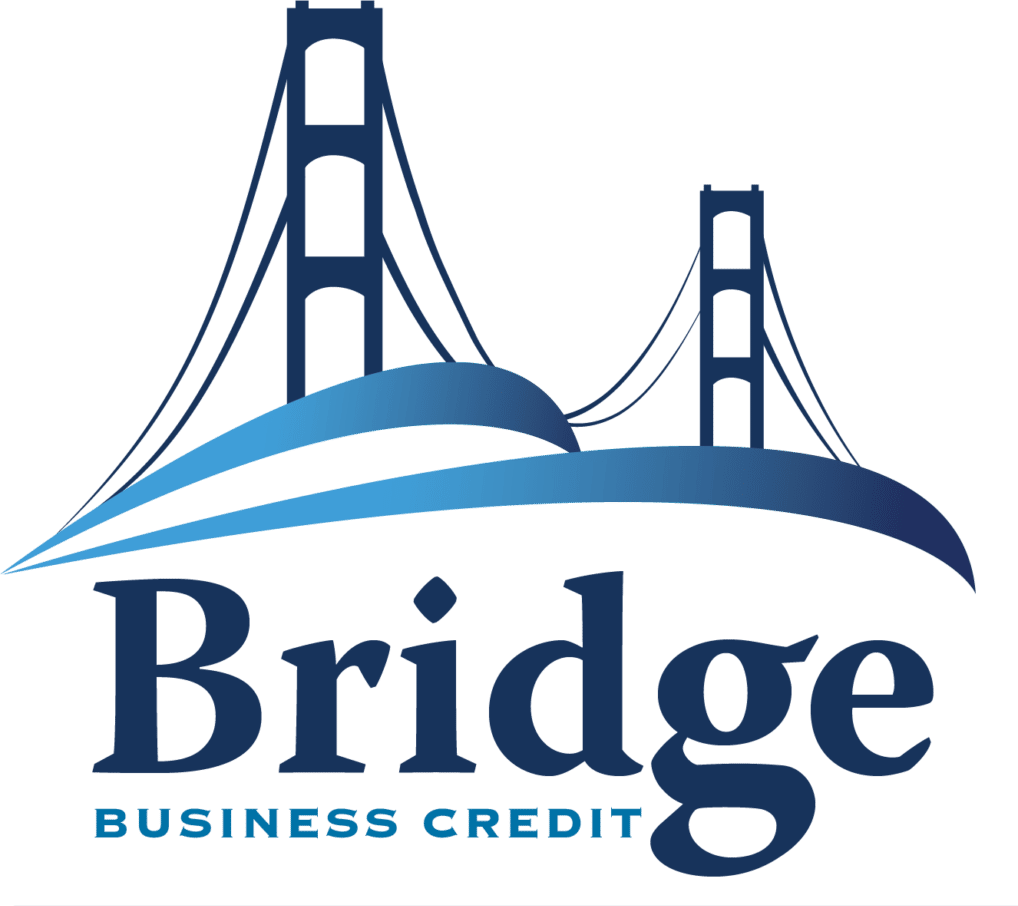News
February 19, 2021
How to Handle a Business Loan Demand Letter
First, Do Not Ignore It

Business owners who default on a bank loan and/or fail to make timely payments may expect to receive a demand letter from their bank, requesting payment of the entire loan in full within a specified period — sometimes within a 10-day period. This is the traditional first step banks take to collect on a loan.
Does this spell the immediate closure of business? Protracted legal action? Instead of panicking, there are some important steps the borrower should take:
“First of all, do not ignore the letter,” advises Great Lakes Business Credit CEO Rhett Rowe, whose company provides alternative business financing solutions. “Borrowers should consult with or engage counsel if even the hint of a forthcoming demand letter is communicated.” Rowe advises borrowers in this situation to remain agreeable, open with, and providing all, requested information – importantly, be courteous and cooperative throughout.
According to Rowe, “Usually a demand letter brings the borrower to the table to discuss terms of repayment which may include a forbearance agreement. Under such an agreement, the bank agrees to delay taking interfering actions to collect the loan for a period with the expectation that the borrower meets a set of requirements towards paying off the loan balance in full.”
A forbearance period generally lasts 90 days, “but in certain cases where the bank deems itself under- or near-undercollateralized, the initial period may extend up to one year,” he explains.
The forbearance period is an optimum time to explore alternative financing options. “The focus should be to engage one’s trusted professionals immediately, including your attorney and/or CPA for recommendations to a fairly immediate alternative financing source,” Rowe recommends.
If all else fails, might bankruptcy be a last resort? According to Rowe, it is not in the lender’s best interest to support any chapter filing (bankruptcy). He explains, “Secured creditors, including banks, try to make all reasonable accommodations to prevent a BK filing as their position, timing, priority of collection, and legal costs are dictated by the assigned bankruptcy judge.
“Nonetheless, any bankruptcy process can be expensive as well as a lengthy and stress-inducing process versus the benefit of emerging with a lower debt load and survivability of the business if alternative financing proves to be an effective strategy,” says Rowe




